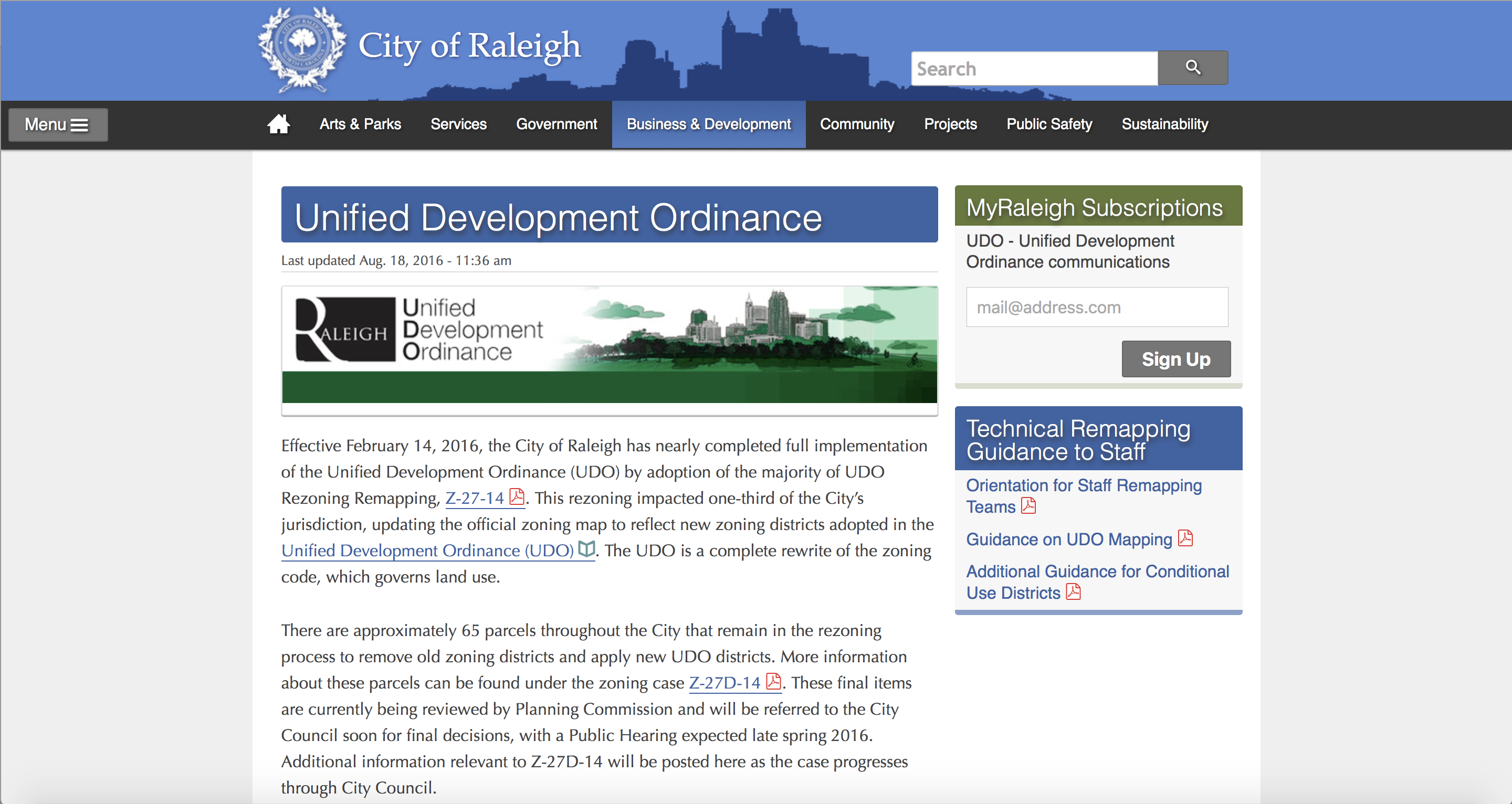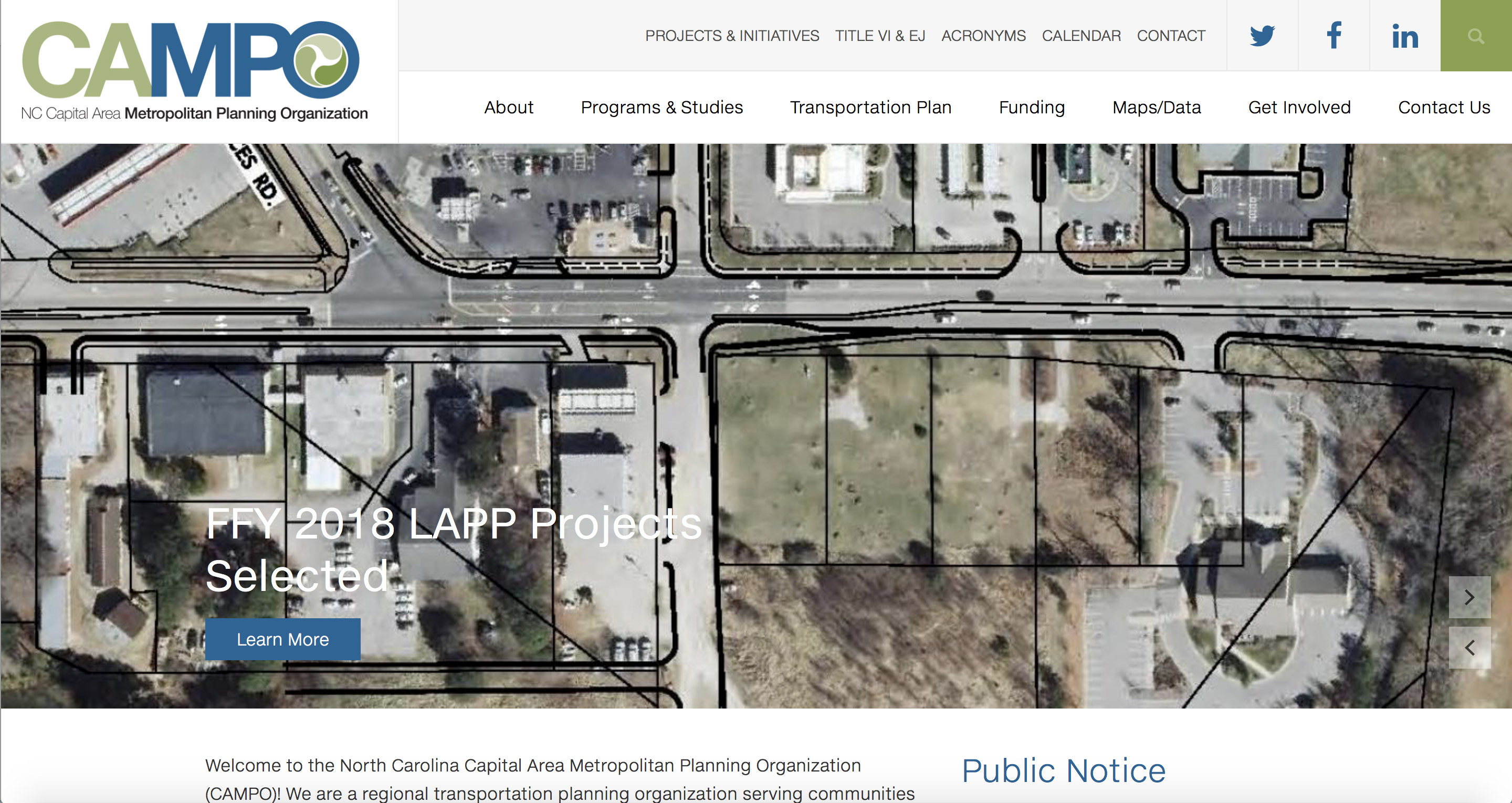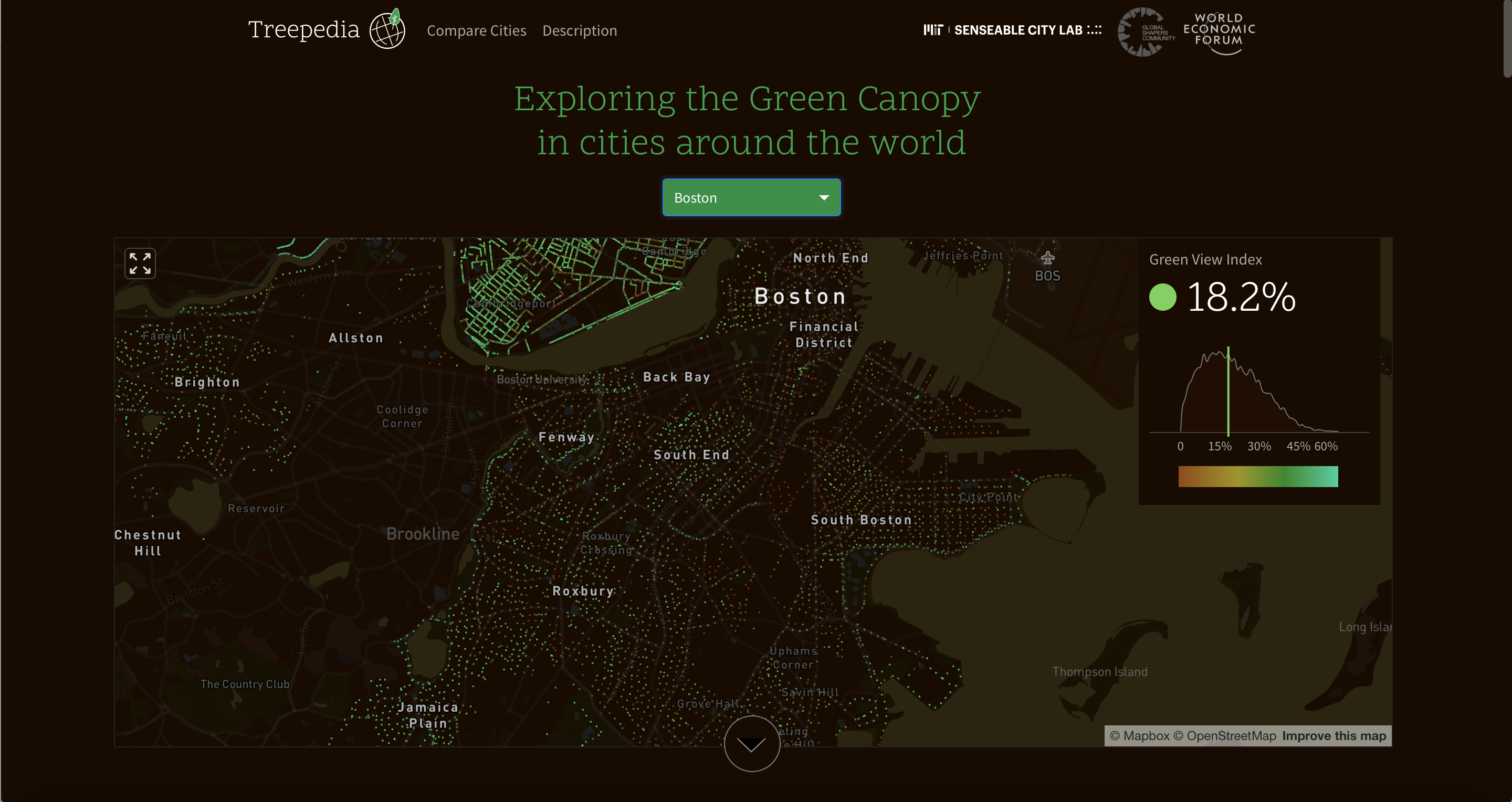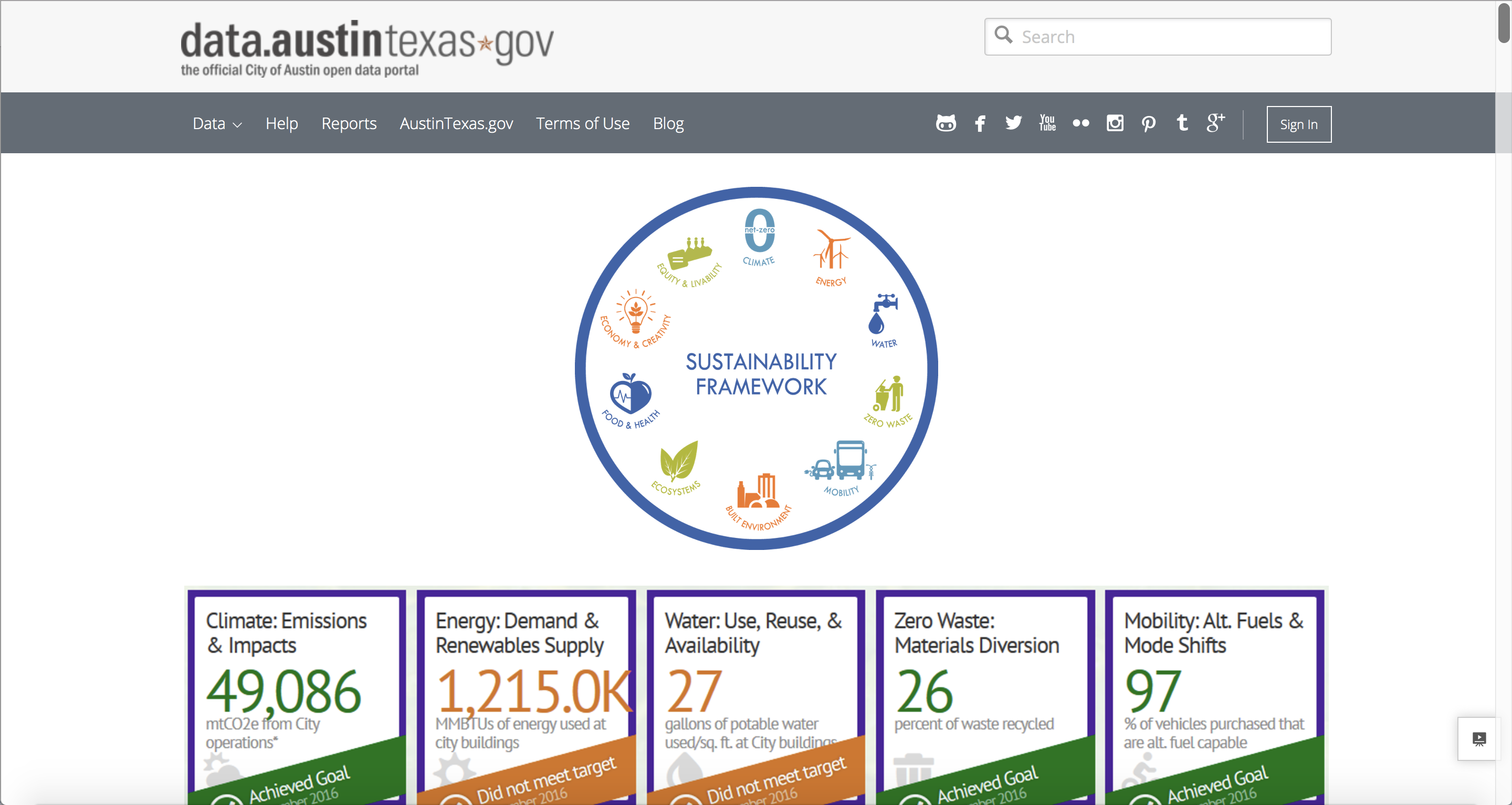Now that you understand that the urban landscape is much deeper than the aesthetic of its buildings, you may want to learn more.
The following resources are particularly interesting and make a wide variety of connections to the cultural, natural, and urbanization influences in our cities.
Click on an image to visit the site.
The takeaway:
Many of the abstracts on this site highlight instances where marginalized groups of people were taken advantage of because they were shut out from the planning process. To increase the sustainability of our cities, we have to make a social appeal. This means making our urban planning processes more accessible in addition to personal goals of being more involved in your local planning efforts.
To learn how you can be involved, explore your municipality’s planning department website. Legally, all planning departments have to post about upcoming planning and zoning meetings. Each of these meetings will have some opportunity for public comment. All of the policies and site plans under review will be accessible from this website.
I have included a list of resources for Raleigh, NC residents on how they can learn about upcoming developments and rezoning.
City of Raleigh Planning Commission
Review and Comment on the City of Raleigh’s 2030 Comprehensive Plan Update

City of Raleigh Interactive Development Activity Map?

Review the Raleigh Unified Development Ordinance (Collective Body of City Planning Policy)

CAMPO – NC Capital Area Metropolitan Planning Organization

Wake County Transit Planning
 To be truly sustainable, we all have to push for more inclusive and participatory zoning policies. We also have to support NGOs that push for these same goals. Ensuring the sustainability of your community ensures the sustainability of your society.
To be truly sustainable, we all have to push for more inclusive and participatory zoning policies. We also have to support NGOs that push for these same goals. Ensuring the sustainability of your community ensures the sustainability of your society.


